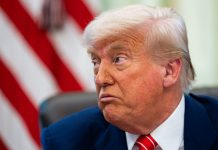After America’s CIA, the British spy agency MI6 is deeply worried about China’s counter-intelligence capabilities.
In his first public speech and live interview, MI6 chief Richard Moore said that China was the UK intelligence services’ “single greatest priority”, with its threat level surmised to be greater than security concerns posed by Russia, Iran, and foreign terrorism.
This announcement has come just about a month after reports of the Biden administration officials having a hard time getting information on Chinese President Xi Jinping’s inner circle.
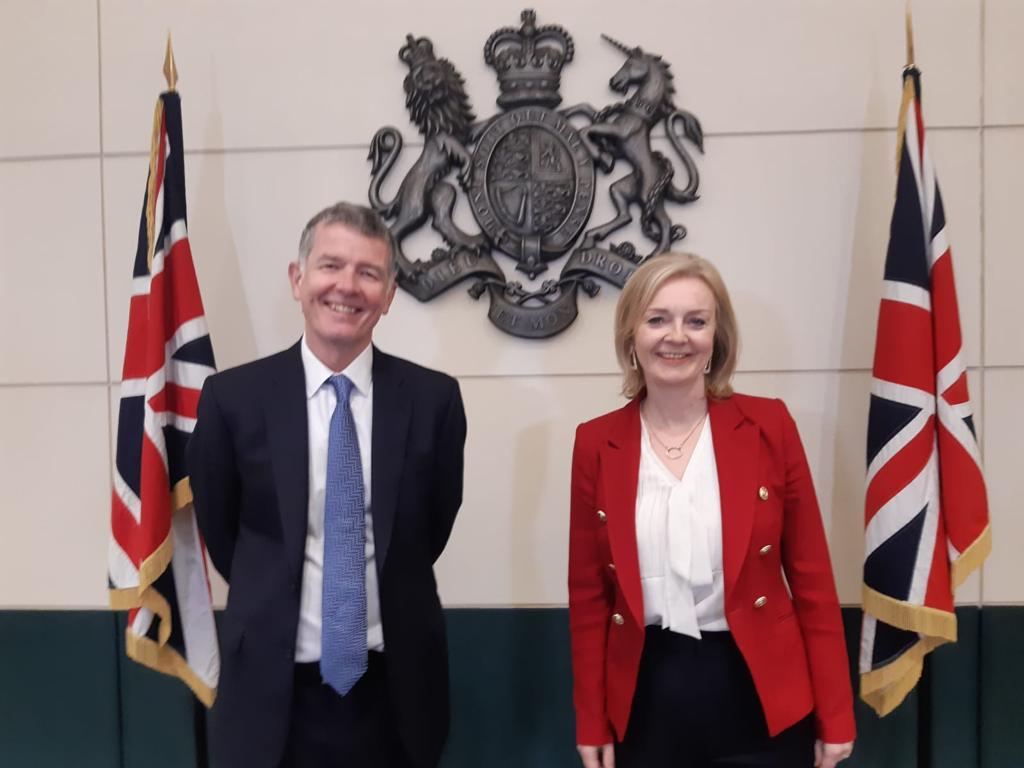
CIA’s Troubles With China
It is no secret that the Central Intelligence Agency (CIA) is having a hard time getting intelligence from China. The EurAsian Times had previously reported on how Beijing tracked, imprisoned, and/or killed several US assets operating in the communist country, subsequently destroying Washington’s intelligence network systematically.
In addition, China has recently ramped up its espionage attempts. Not only are there multiple instances of cyber-attacks on the US databases, but the Chinese are also involved in successful honey-trapping operations.
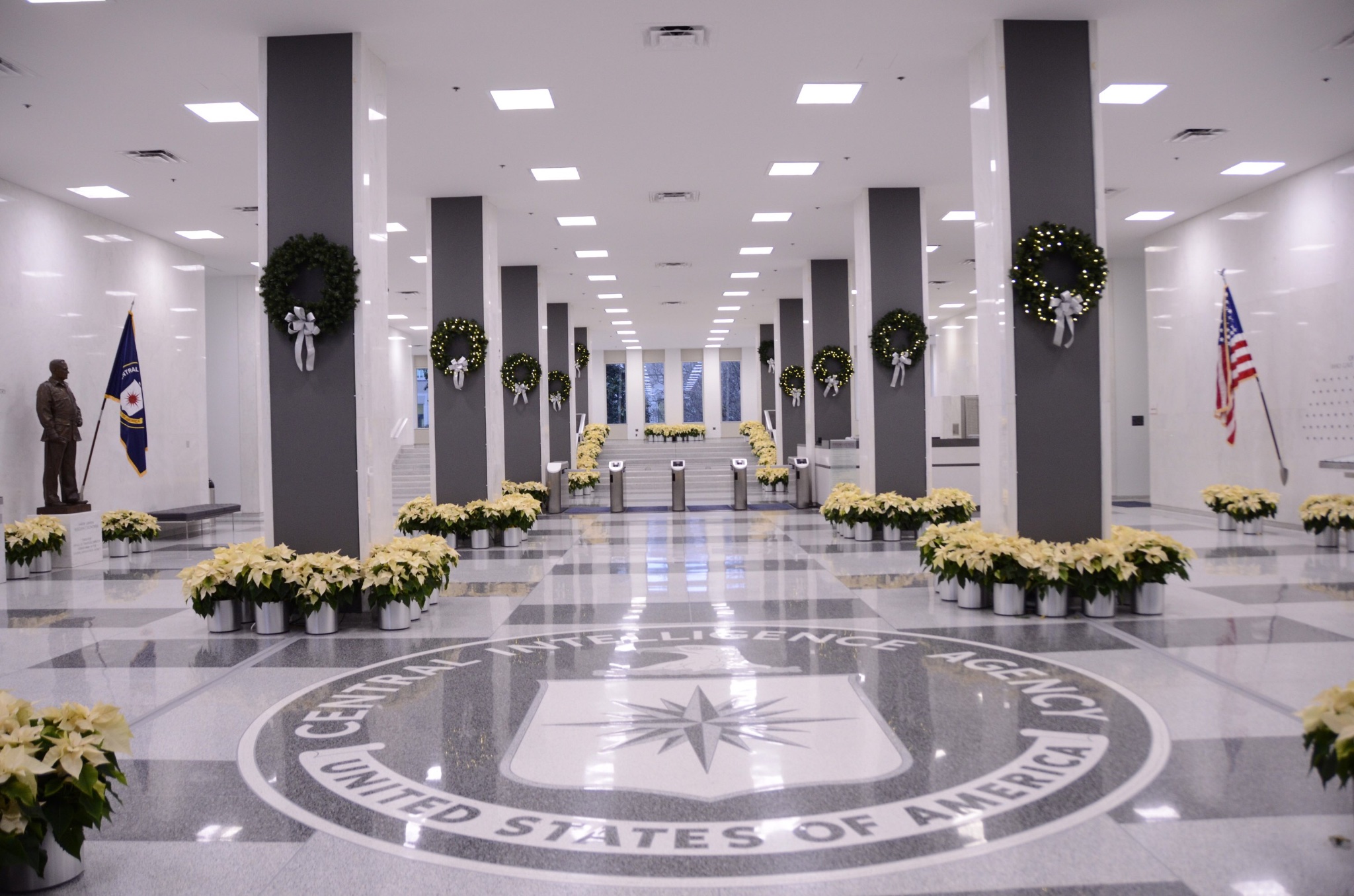
It has more sophisticated tools and spies at its disposal owing to its technological and economic advancement, especially in the past decade.
The result has been two-fold: Washington has little to no insight on Xi’s decision-making on issues like Taiwan, and the US has been put on the defensive in this espionage war with a substantial amount of sensitive intelligence being received by China.
After the US, it is the UK that has spoken up about their concerns regarding China’s counter-intelligence abilities.
The UK Wary Of Chinese Tech?
Speaking on the issue of Chinese intelligence, Moore said on November 30 that Beijing is rapidly expanding its technical capabilities, including in artificial intelligence. He gave the example of China being a surveillance state and targeting the minority ethnic Uighur population in the Xinjiang region.
The Chinese government has not only detained close to a million people there, but amid a repressive crackdown, it is also reportedly carrying out wide-scale human rights violations in the area.
“Worryingly, these technologies of control and surveillance are increasingly being exported to other governments by China, expanding the web of authoritarian control around the planet,” he added.
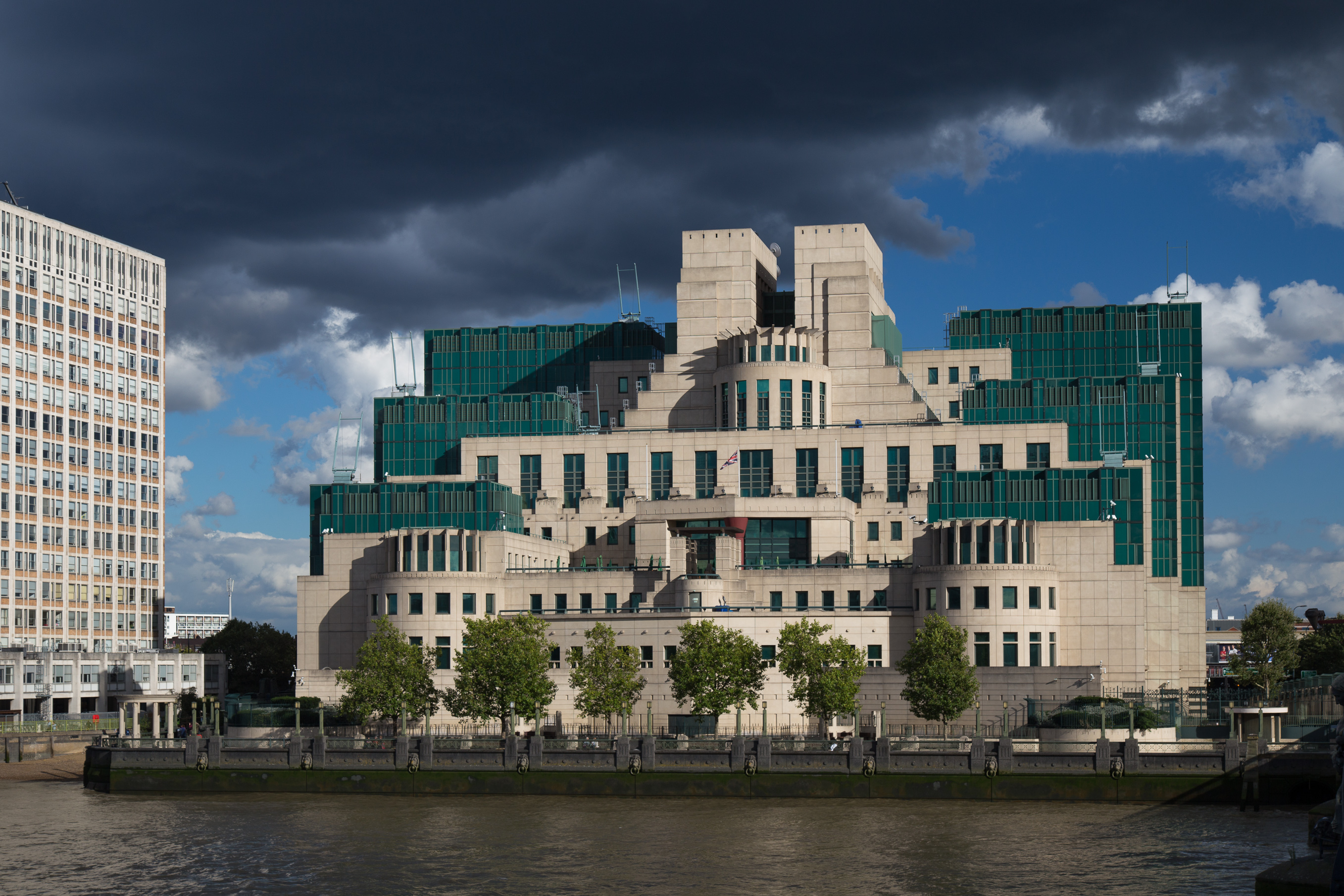
Moore further claimed that China has been conducting “large-scale espionage operations against the UK” and its allies. “Adapting to a world affected by the rise of China is the single greatest priority for MI6,” the spy chief re-emphasized.
This is in line with reports by British spies that popped up in July this year. They had cautioned that China and Russia have both sought to steal commercially sensitive data and intellectual property. The two countries were accused of being involved in sowing misinformation and interfering in domestic politics as well.
Even before this, there were talks of how Beijing is going about intelligence-gathering operations. For instance, Matthew Henderson, a former UK diplomat in Beijing had told Politico that the great majority of the information gathering carried out by China in the UK “is done in open sight” at institutions like as research-and-development-
In light of inputs like these that identify the Chinese intelligence threat and the need to combat it, the UK did adopt certain measures.
MI6’s New Strategy
Moore, the only publicly identified member of MI6, issued the rare public briefing on the spy agency’s priorities because the rapid development of technology around the world has now led to a situation where “to stay secret, [the MI6 is] going to have to become more open.”
He noted that the UK will need to develop the ability to compete and protect itself in cyberspaces if it wanted to keep up. The proposed measure, and the need, is to have the intelligence agency make a break from keeping everything in-house to working with private technology firms better equipped to navigate the advancing global tech scene.
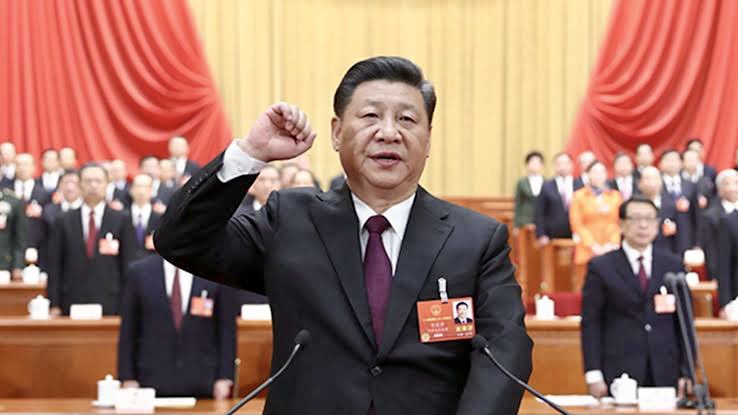
In addition, Moore revealed that this year, MI6’s allotment of resources for China surpassed that of the previous top priority – combatting terrorism.
MI5 Director-General Ken McCallum had already informed of his agency’s refocusing of resources towards Russia and China and the state threats they pose in July. “We are aiming to double the amount of MI5 resources going into state threats activity,” he had said.
Moore said that the UK is “deepening [its] understanding of China across the UK intelligence community and widening the options available to the government in managing the systemic challenges that it poses.”
This implies an effort towards gaining intelligence on what President Xi Jinping and his inner circle are thinking.
However, it isn’t limited to just that, MI6 officers and the agents they run are also aiming to prepare to have the ability to operate undetected in an age where technology has made finding people much easier and has made keeping communications a secret harder.
A new law was also to be proposed in May to mandate British nationals working for foreign countries to register their activities or risk a criminal conviction. The register was to be aimed at countering threats from authoritarian states.
- Contact the author at: shreyya.mundhra@gmail.com
- Follow EurAsian Times on Google News


